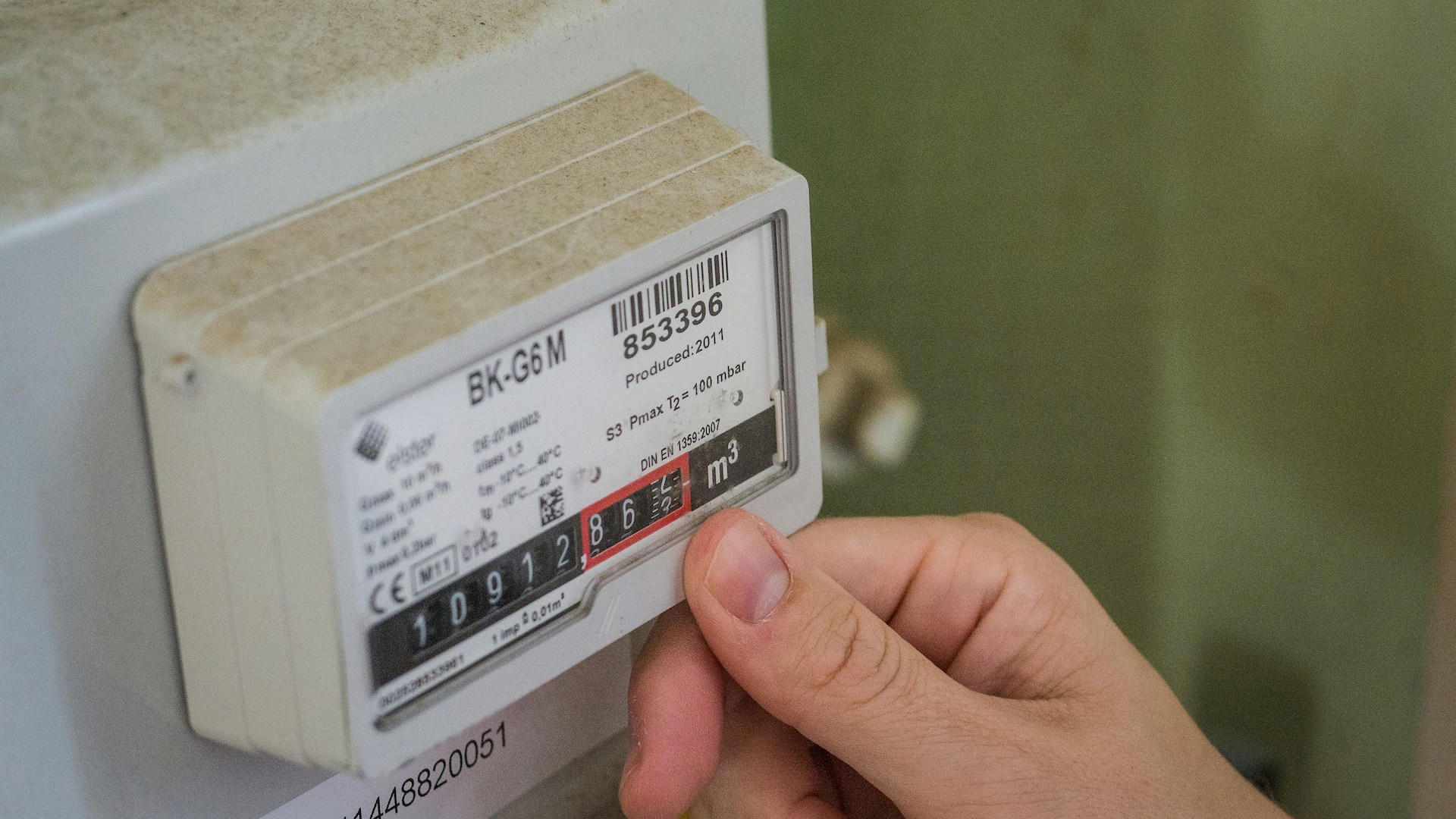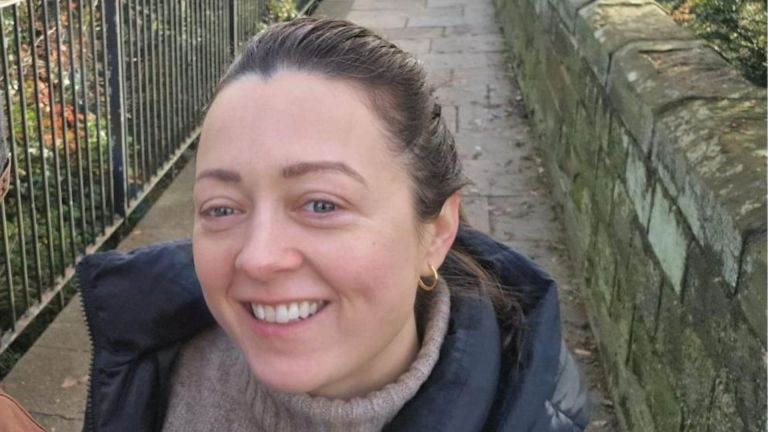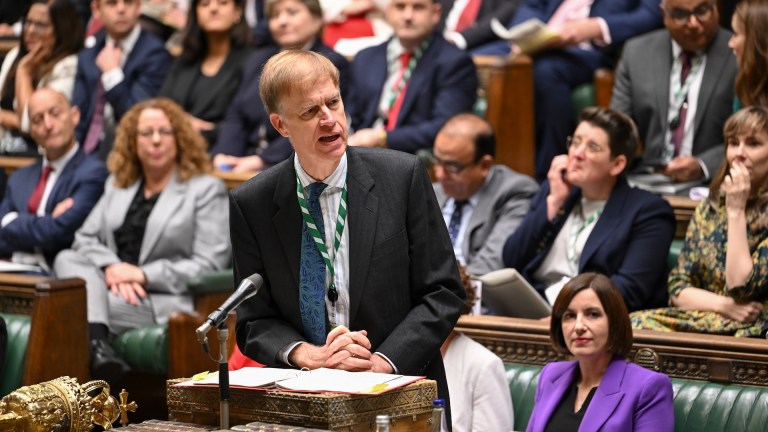“The gas and electric just seem to be higher and higher and like every time you watch the news.”
These bills are set to rise again. Ofgem has announced a 2.03% increase – about £35 a year – pushing the average household bill to £1,755. The change takes effect in October and runs until the end of 2025, before new prices are set in January 2026.
“Some may say that the cap rising around £35 won’t have an impact, but the people I speak to already can’t afford their bills and many of them are deep in debt,” said National Energy Action adviser Michael Penhaligon. “This can have a huge impact on their mental and physical wellbeing. A rise in bills just as temperatures start to drop will put even more pressure on households.”
Energy bills are now 68% (£713) higher than in winter 2020/21 – an increase with serious consequences.
Foster and her mother are feeling the strain. Universal credit and disability allowance barely cover essentials, so they ration energy use and keep foil blankets on hand.
“Having a disability isn’t a choice. I wish it was. I watch the news. Sometimes you hear about these people ‘benefit cheating’ but I’m not,” she says.
Advertising helps fund Big Issue’s mission to end poverty
“I wish I could get up one day and have a nice, normal day without no pain. No worries about getting dressed in the morning and money, money issues and if I wanted to go and get a job.”
For more than six years, Foster volunteered with the fire service, but she says they recently let her go as they “couldn’t work around her physical needs.”
“I liked it and it was getting me out there talking,” she recalls. “[Losing the job] It put me right back into depressed mode and lonely.”
Two-fifths (43%) of UK households are struggling with energy bills and spending more than 10% of their household income on gas and electricity, research by the University of York revealed earlier this year.
Disabled people are far more likely to fall into this group, said Abdi Mohamed, head of policy, research and influencing at Scope. The disability equality charity estimates that disabled people have an extra £1,095 a month in outgoings.
“We hear from disabled people every day who tell us they are unable to power vital medical and mobility equipment, facing increasing pain and losing their independence,” Mohamed said.
Advertising helps fund Big Issue’s mission to end poverty
“The current support available for disabled people barely scratches the surface. And many no longer get the Warm Home Discount at all, despite enormous energy costs.”
The government’s Warm Home Discount – a one-off £150 discount on your energy bill – is set to end in April 2026, with no details on future energy support.
Eligibility is shifting this winter, too: only 33% (1.2 million) of fuel-poor households will be eligible for the expanded scheme, a coalition of six major charities has warned.
Meanwhile, new analysis by Public First has found the fuel poverty gap – the amount by which energy bills would have to reduce to lift a household out of fuel poverty – has doubled since 2020, and now stands at over £400 a year.
Fears about paying bills keep Foster “up at night.” She wants an affordable energy tariff for people who are on benefits – but fears that help from the government isn’t forthcoming.
“It’s frustrating and upsetting because you know they brought assisted dying in and you have so many people suffering out there with the energy bills in wheelchairs and that,” she said.
Advertising helps fund Big Issue’s mission to end poverty
“And sometimes I think with the government doing this, it’s deliberate, like it makes us want to go that road because it feels like disabled people are a burden. We just need extra help.”
Do you have a story to tell or opinions to share about this? Get in touch and tell us more.
Reader-funded since 1991 – Big Issue brings you trustworthy journalism that drives real change.
Every day, our journalists dig deeper, speaking up for those society overlooks.
Could you help us keep doing this vital work? Support our journalism from £5 a month.





